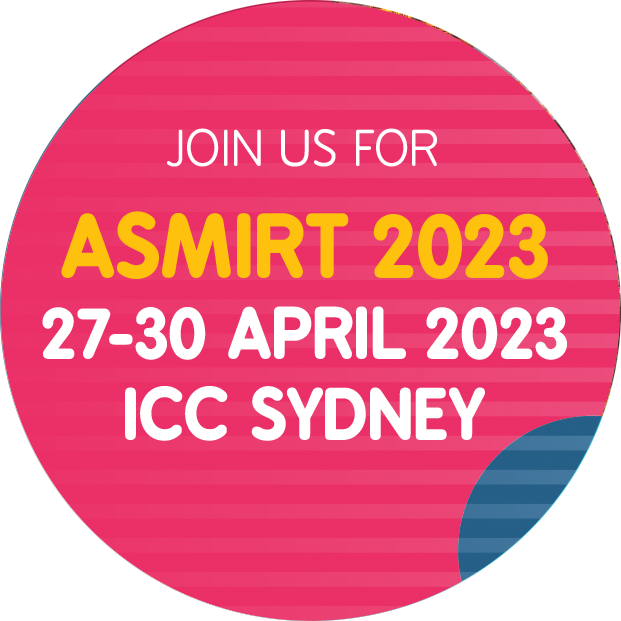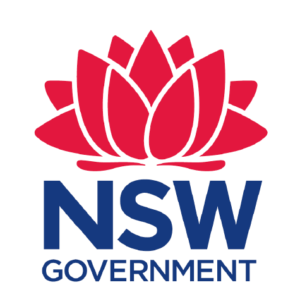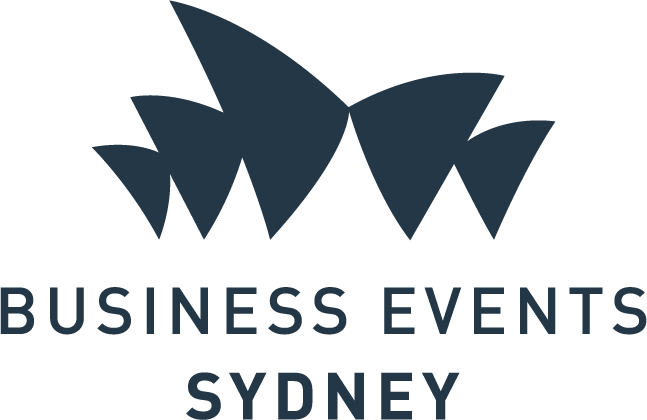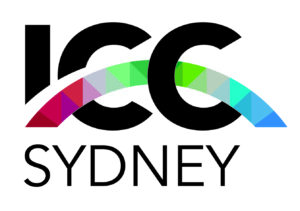From your experience participating in research within the clinical setting, what are the top two things that you have observed to be most beneficial in enabling research?
For any research that is intended to be translated to the clinical setting, listening to frontline staff is essential, especially if there is criticism. Digesting and responding to that criticism will help ensure long term success. Too often, great ideas and tech stumble during implementation due to lack of engagement with the endusers. Second and relatedly, clinical research is a team sport. Early and meaningful collaboration is the only way to tackle the complex clinical research environment nowadays.
What is your current role? Can you briefly explain your career progression?
I started in clinical research as a student radiation therapist. From there, I gained more experience and skills in research as a radiation therapist working my way through a doctorate and moving towards an independent research role. Currently, I am a radiation therapist-clinician scientist where I spend time translating new techniques to the clinical setting and I am also a principal investigator for my own research program.
How would you explain the evolution of person-centred care in medical radiation science?
We have moved into an era of increasingly applying patientspecific, mostly technical, strategies to tailor radiation therapy. Person-centred care is a different angle where we strive to make those we care for feel less like patients and more like individual people. Its aim is to include them in the design of care models and spaces, evaluating things that matter to them (e.g. patient-reported outcomes) and enhancing their experiences with care.
How would you describe the role of mentoring in research?
I look for research mentors to offer guidance, advice and to be a sounding board for ideas and research directions. They are also key to help navigate research pathways and make important connections for projects or your own career. There is a distinction between a research supervisor and mentor, typically the former focusses on a project while the latter on your own development. Personally, having both excellent supervisors and mentors have
been key for me!
How do you see advanced practice in radiation therapy being implemented into the future?
In Canada, advanced practice therapists are specially credentialed and may practise autonomously outside the standard radiation therapy scope. They can increase system capacity and quality or develop advanced radiation therapy that will set tomorrow’s standard care. With that framework, advanced practice is adaptable and there is likely no shortage of areas to pursue in the future in our field.
Collaboration is key for maximum learning and impact. Do you see yourself collaborating with Australian radiation therapists in the future?
Absolutely! I was so impressed with the quality of research presented at the ASMIRT 2020 Conference that I reached out to a few Australian RT-investigators to brainstorm collaboration ideas. There is a lot of potential and synergy with Canadian radiation therapists.




Please feel free to contact us if you need more information
Phone: +613 9419 3336
Email: conferences@asmirt.org